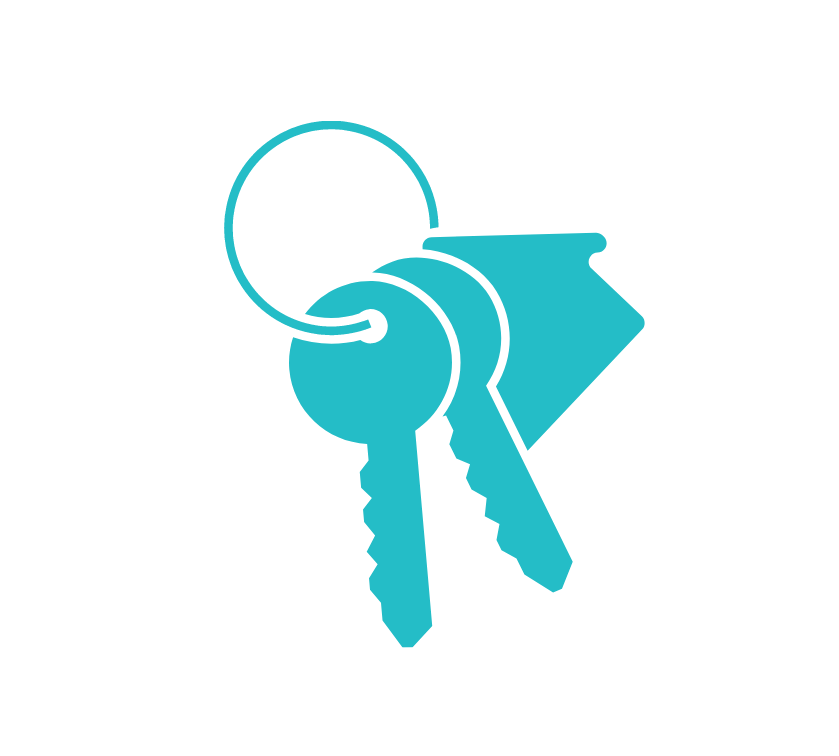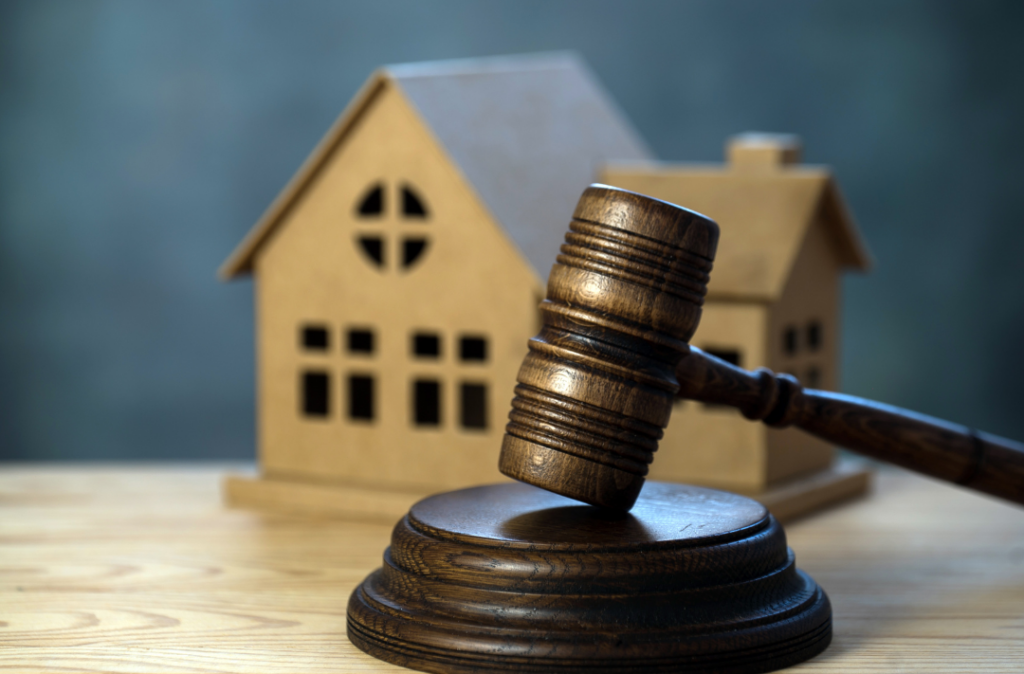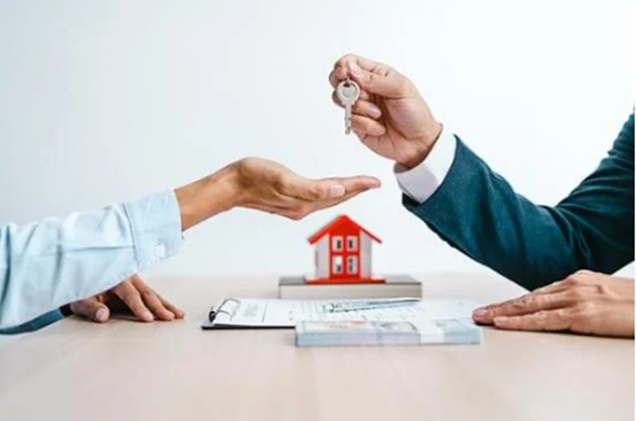Selling a house can feel like navigating a maze of costs and fees. While the final price tag can vary widely, knowing what to expect can help you budget and plan effectively. In this comprehensive guide, we break down all the typical expenses you’ll encounter when selling your home in the UK.

The Bottom Line: Average Cost to Sell a House
Most of the expenses you’ll incur while selling your house will only be due once the sale is completed. An exception to this rule is when you sell through certain online estate agencies that often require upfront payment. On average, it costs £5,583 to sell a house priced at £234,370, the current average UK house price.
Let’s break down the costs involved in each stage of the process.
1. Energy Performance Certificate (EPC) Cost
Before you can even list your home, you’ll need an Energy Performance Certificate (EPC). This legal requirement rates your home’s energy efficiency on a scale from A to F.
- Average Cost: £80
- Why it Matters: A low EPC rating can affect your sale price, and future regulations will require a minimum rating of C by 2028 for existing tenancies.
How to Check Your EPC:
You can see if your property has an EPC by checking the Gov.UK EPC register. Select ‘domestic property’ and enter your postcode. If you’ve sold or rented your property within the last decade, you may not need a new one. However, if you’ve had extensive work done, consider getting a new one to boost property value.
2. Estate Agency Fees

Most sellers in the UK use an estate agent. Fees typically range from 1% to 3% of the sale price, often on a no-sale, no-fee basis. Some agencies charge a fixed fee, especially for lower-priced properties.
- Average Cost: 1.18% of the sale price
- Tips: Choose your agent wisely by looking at their track record, not just their fees.
Read the contract carefully to avoid hidden costs and check how long (on average) it takes for the agency to sell properties. It’s important to find the right estate agent to sell your home because so much of your sale is dependent on their success.
3. Auctioning Your Property Fees
Selling through an auction can ensure a quick sale, but it comes with higher fees. Auction houses charge around 2-4% of the sale price, with additional entry and admin fees.
- Average Cost: 2-4% of the sale price
- Advantages: Guaranteed sale once the hammer falls

4. Conveyancing Fees
Hiring a qualified conveyancer is crucial for handling the legal aspects of the sale. Fees vary based on the property’s value, complexity, and location.
- Average Cost: £1,000 – £2,000
- Services Included: Sales contract negotiation, security checks, money transfers.
You can use the PALI Smart Quote to provide you with four accurate, no obligation quotations instantly. This feature can help you save money as there are no hidden fees and you are able to choose the price/the solicitor that is best for you. Our friendly, personal service makes the process of selling your house easier and it’ll deliver you a number of quotes with a high level of detail. It’ll keep you in control, whilst saving you time and money.
5. Preparing Your House for Sale
Investing in your home’s presentation can significantly impact its sale price. Here are some typical preparation costs:
- Deep House Clean: £50 to £500
- Repairs and Replacements: £100 to £50,000+
- Redecoration: £500 to £2,000
- Gardening: £50 to £2,000
Some tasks like painting and cleaning can be done independently to save money, while electrical and gas repairs should be handled by professionals.
6. Mortgage Fees
If you’re paying off a mortgage, you may face additional costs like early repayment charges (1-5% of the remaining loan). Porting your mortgage to a new property can reduce but not eliminate these fees.
- Average Cost: £100 – £1,000
- Tips: Review your mortgage contract and consider switching to a Standard Variable Rate to avoid early repayment charges.
7. House Removal Costs

Removal fees depend on the size of your move and how much you do yourself. Hiring a full-service removal company is the priciest option, while packing yourself and renting a van is cheaper.
- Local Move (within 20 miles): £300 – £600
- Long-Distance Move: £600 – £1,200+
- Additional Services: Packing, dismantling/assembly, storage.
8. Taxes When Selling Your House
Most homeowners won’t pay tax due to Principle Private Residence (PPR) relief. However, if you’re selling a buy-to-let, second home, or a business property, you might owe Capital Gains Tax (CGT). Capital Gains Tax is a tax on the profit when you sell something, an ‘asset’, that’s increased in value. It’s the gain you make that’s taxed, not the amount of money you receive.
The rate you pay depends upon your taxable income and the type of asset disposed of, and it can be payable within 30 days of sale if applicable.
Inherited assets:
You don’t pay CGT when you inherit an asset, but you might have to pay it if you sell, give away, or exchange the inherited asset and it has increased in value since the date of death.
The increase in value between the date of death and the date of disposal is considered a capital gain.
Calculating gains:
To calculate your gain, start with the proceeds (or market value on the date of disposal) and deduct the following:
- Original cost (or market value when acquired)
- Incidental costs of purchase
- Costs incurred in improving the asset
- Incidental costs of sale
This gives you the chargeable gain.
Deduct costs:
You can deduct costs of buying, selling or improving your property from your gain. These include:
- Estate agents’ and solicitors’ fees
- Costs of improvement works, for example for an extension (normal maintenance costs, such as decorating, do not count)
To estimate your CGT liability, you can use the Gov.UK CGT Calculator.
9. Costs to Encourage Buyers
In a buyer’s market, you might need to sweeten the deal with incentives such as:
- Legal Fee Contributions: £500 to £2,000 + VAT
- Removal Cost Contributions: £500 to £5,000 + VAT
- Furniture Packages: £1,000 to £20,000
10. Other Potential Costs
Depending on your situation, additional costs might arise:
- Selling a Tenanted Property: £500 to £5,000
- Selling to Stop Repossession: £100 to £3,000
- Selling an Inherited Property: £1,000 to £25,000
- Selling a Problem Property: £3,000 to £25,000
- Selling Commercial Property or Land: £3,000 to £25,000
- Selling After Divorce/Separation: £1,000 to £10,000
Conclusion
Selling a house involves numerous costs and fees, but with careful planning and a clear understanding of the expenses involved, you can navigate the process smoothly. Remember, every situation is unique, and the actual costs may vary based on your specific circumstances. Whether you’re preparing your home for sale, dealing with legalities, or managing removals, being informed and prepared will help you achieve the best outcome.
Feel free to contact us if you have any questions or need assistance with your home sale. Simply Move Home is here to make your process as simple as possible.

